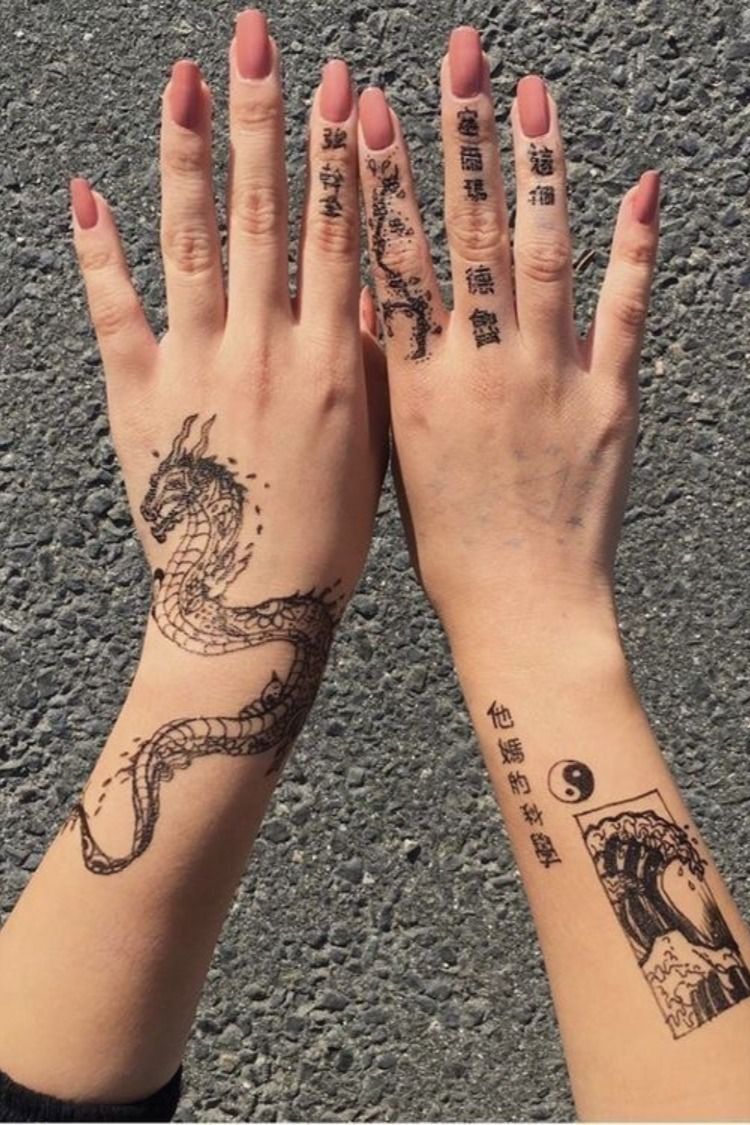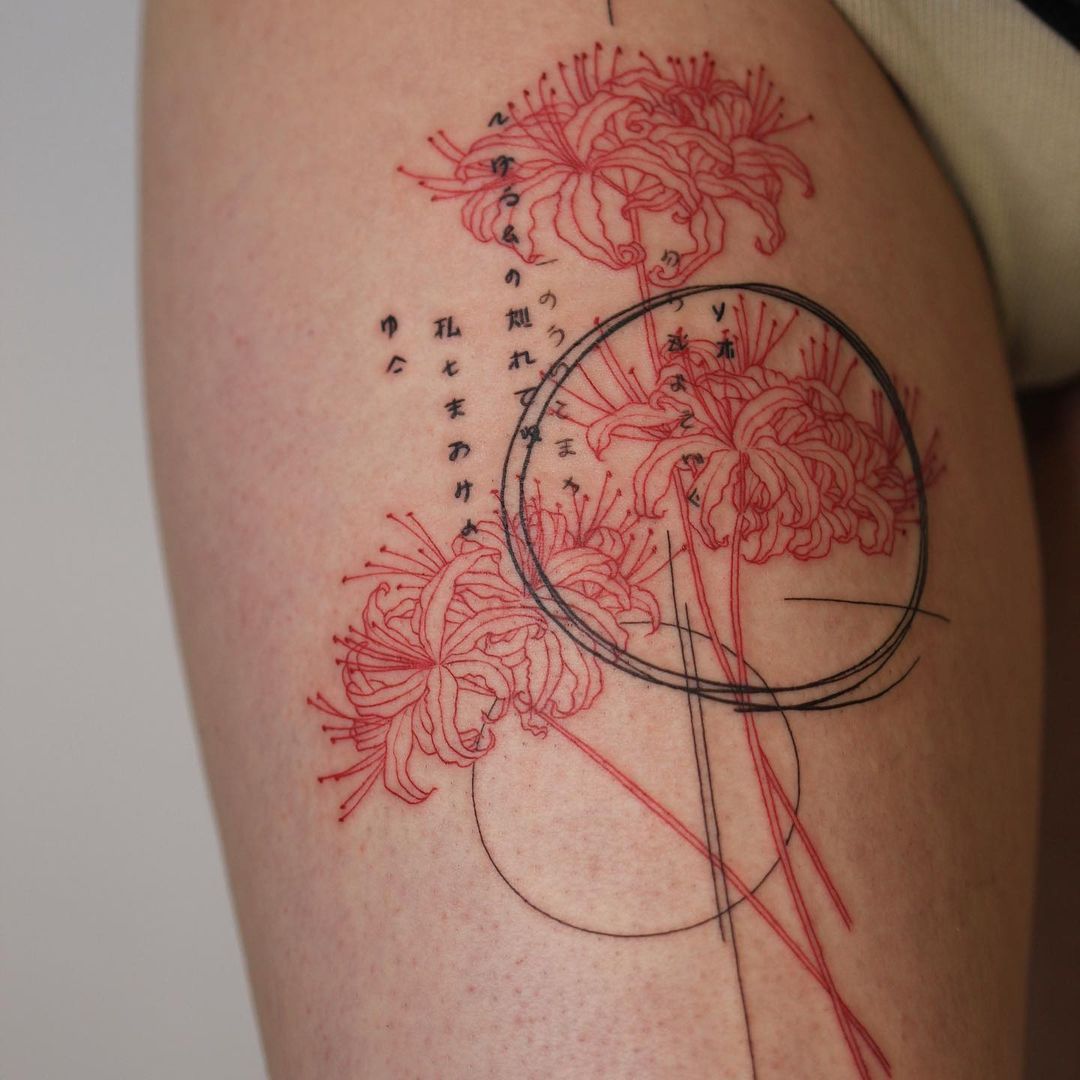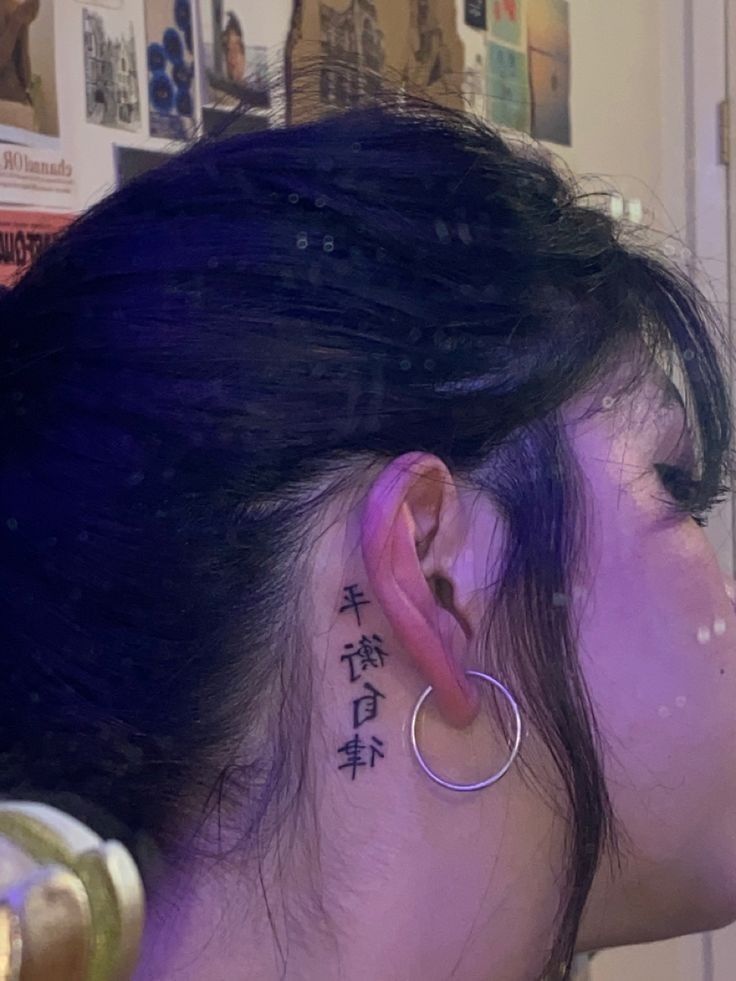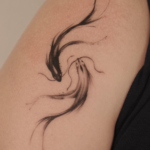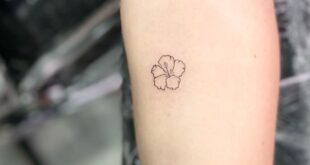Tattoos have a long and rich history in Japanese culture, dating back thousands of years. In Japan, tattoos have traditionally been associated with the criminal underworld and were often used as a form of punishment for prisoners. However, in recent years, tattoos have become increasingly popular as a form of self-expression and art in Japanese society.
Traditional Japanese tattoos, known as irezumi, are often large and intricate designs that cover a significant portion of the body. These tattoos typically feature motifs such as dragons, koi fish, cherry blossoms, and other elements from traditional Japanese folklore. Each motif in a traditional Japanese tattoo has a specific meaning and symbolism, making them deeply personal to the wearer.
In addition to their aesthetic appeal, traditional Japanese tattoos are also highly regarded for their technical skill and artistic merit. Tattoo artists in Japan undergo rigorous training and apprenticeships to master the complex techniques required to create these intricate designs. The tools and methods used in traditional Japanese tattooing are also unique, including hand-poking techniques and the use of traditional tools such as bamboo sticks and brushes.
Despite their growing popularity, tattoos are still somewhat controversial in Japan, as they are often associated with criminality and rebellion. This stigma has led to discrimination against people with tattoos in certain settings, such as public baths and hot springs, where visible tattoos are often prohibited. In recent years, however, there has been a growing movement to challenge these stereotypes and promote acceptance of tattoos as a legitimate form of self-expression.
In conclusion, Japanese tattoos are a unique and rich form of art with a long and storied history. Whether used as a form of cultural expression or personal style, Japanese tattoos are a powerful and meaningful way for individuals to showcase their personal beliefs and values. As attitudes towards tattoos continue to evolve in Japan, we can expect to see an increasing acceptance and appreciation for this ancient form of body art.
 innstyled Tattoo Ideas
innstyled Tattoo Ideas
